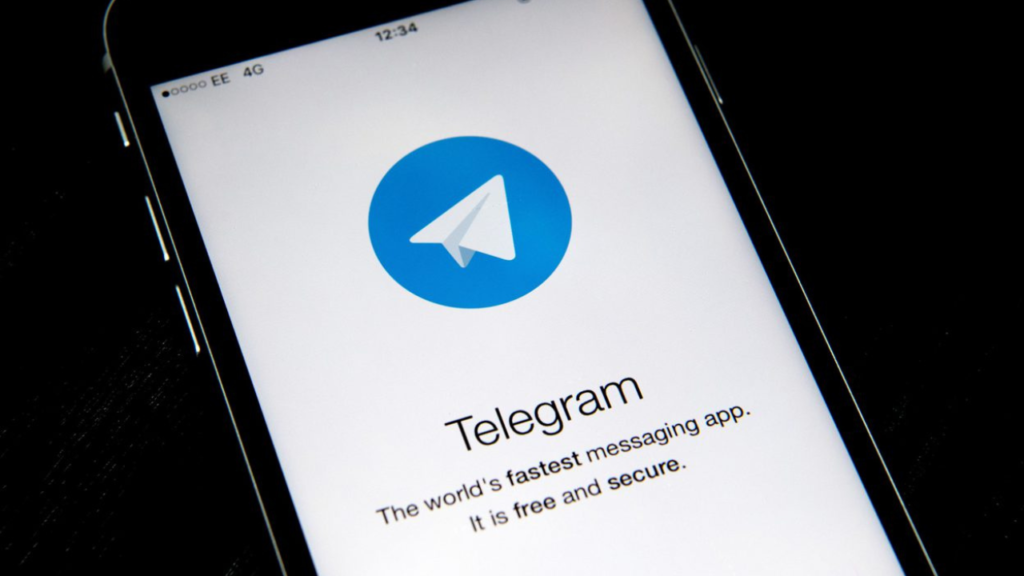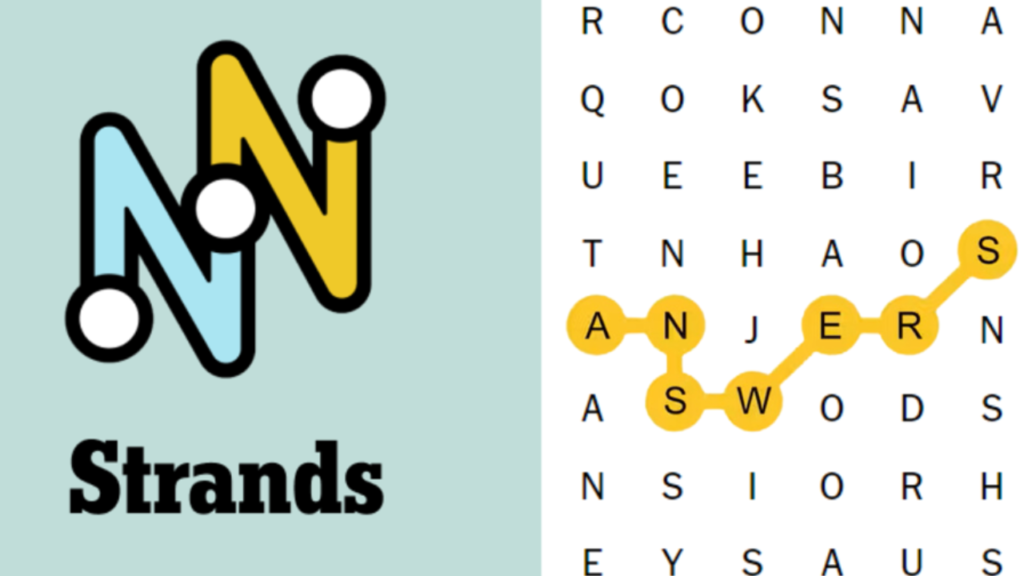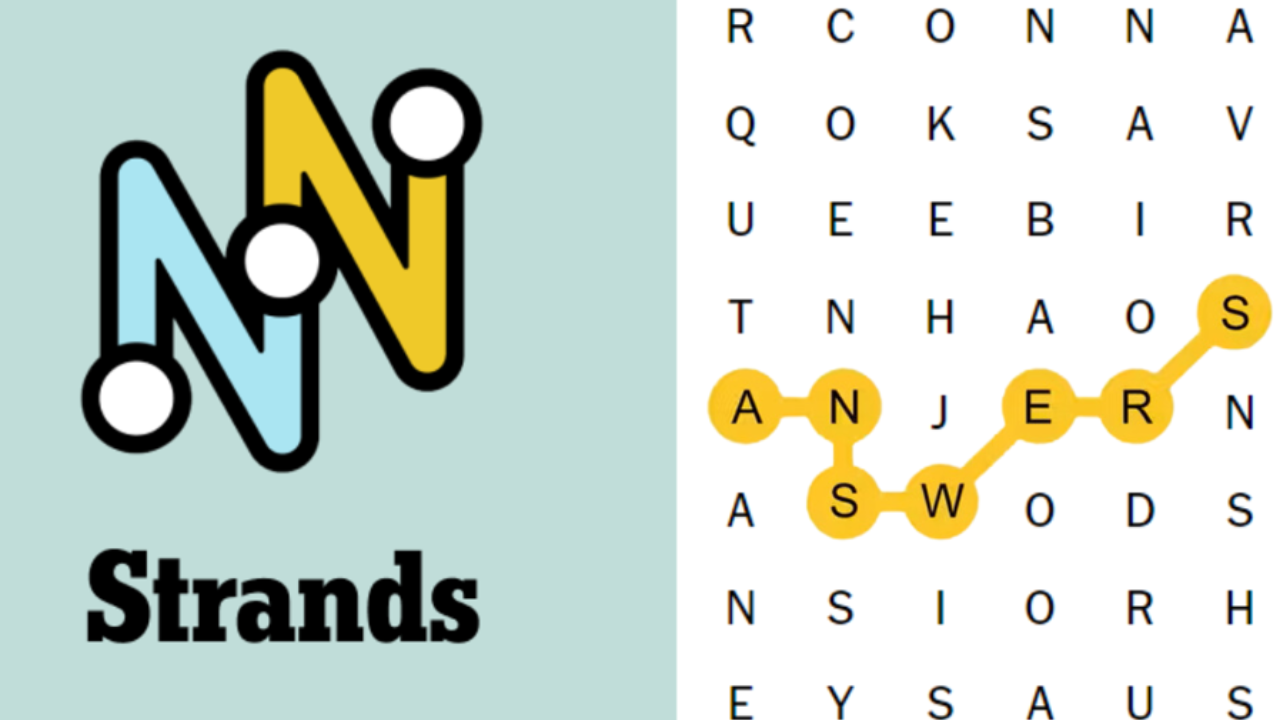Over the weekend, French police arrested Pavel Durov, the outspoken co-founder of Telegram, on charges tied to the dissemination of illegal content through his platform. This event has sparked widespread debate, with several news outlets misrepresenting Telegram as an encrypted messaging app—a label that doesn’t truly apply.
Misleading Perception of Telegram’s Security
Prominent publications like Reuters and Axios have inaccurately described Telegram as an “encrypted application” or “encrypted messaging app.” Even CNN quoted former presidential candidate Robert F. Kennedy Jr., who referred to Telegram as an “encrypted, uncensored platform.” However, these claims misrepresent the platform’s actual security features.
While Telegram does offer an encrypted chat option, it is neither a default setting nor easy to activate. Unlike WhatsApp and Signal, which provide end-to-end encryption by default, Telegram requires users to manually enable this feature—making it less secure in everyday use.
Understanding Telegram’s Real Functionality
Telegram’s primary function revolves around large group chats and public channels, where encryption is far from the norm. Direct messages (DMs) on Telegram are not end-to-end encrypted by default. Users can enable “Secret Chats” for individual conversations, but this process is cumbersome and only works if both parties are online simultaneously. Matthew Green, a security researcher at Johns Hopkins, detailed the complexity in activating this feature, emphasizing its inaccessibility for regular users.
In contrast, platforms like Signal and WhatsApp offer automatic encryption for all conversations, ensuring that messages are protected from unauthorized access.
The Misinformation Campaign by Telegram’s Co-Founder
One reason for the widespread misconception about Telegram’s security is Pavel Durov himself. Durov frequently claims that Telegram is a secure, encrypted platform while disparaging the encryption standards of other messaging services. In a lengthy post on his Telegram channel, Durov accused the U.S. government of influencing Signal’s encryption protocols, despite no substantial evidence supporting his claim. He portrayed Telegram as the only platform offering verifiable privacy, a statement that misleads users about the true nature of its security features.
Durov’s criticism of Signal and WhatsApp isn’t new. Back in 2017, he suggested that Signal’s encryption, which shares elements with WhatsApp, was compromised due to funding from the U.S. government. However, it’s important to note that while Signal did receive government grants during its early development, it also secured funding from various independent organizations like the Knight Foundation and the Freedom of the Press Foundation. These contributions hardly represent a controlling interest, let alone a potential backdoor.
Telegram’s Encryption: Still Lagging Behind
More than five years after Durov’s initial criticisms, Telegram still does not offer end-to-end encryption as a default setting. Meanwhile, Signal continues to address known security issues, reinforcing its position as a genuinely secure messaging service. The recent arrest of Durov by French authorities highlights the ongoing controversies surrounding Telegram, particularly its role in spreading illegal content and the platform’s inadequate security measures.




















